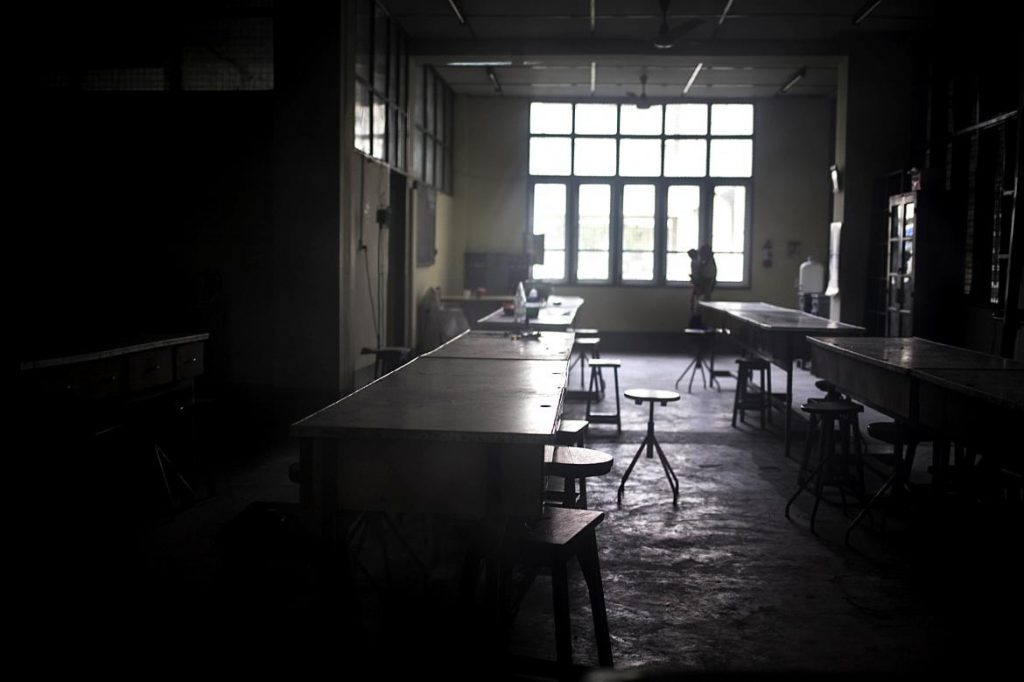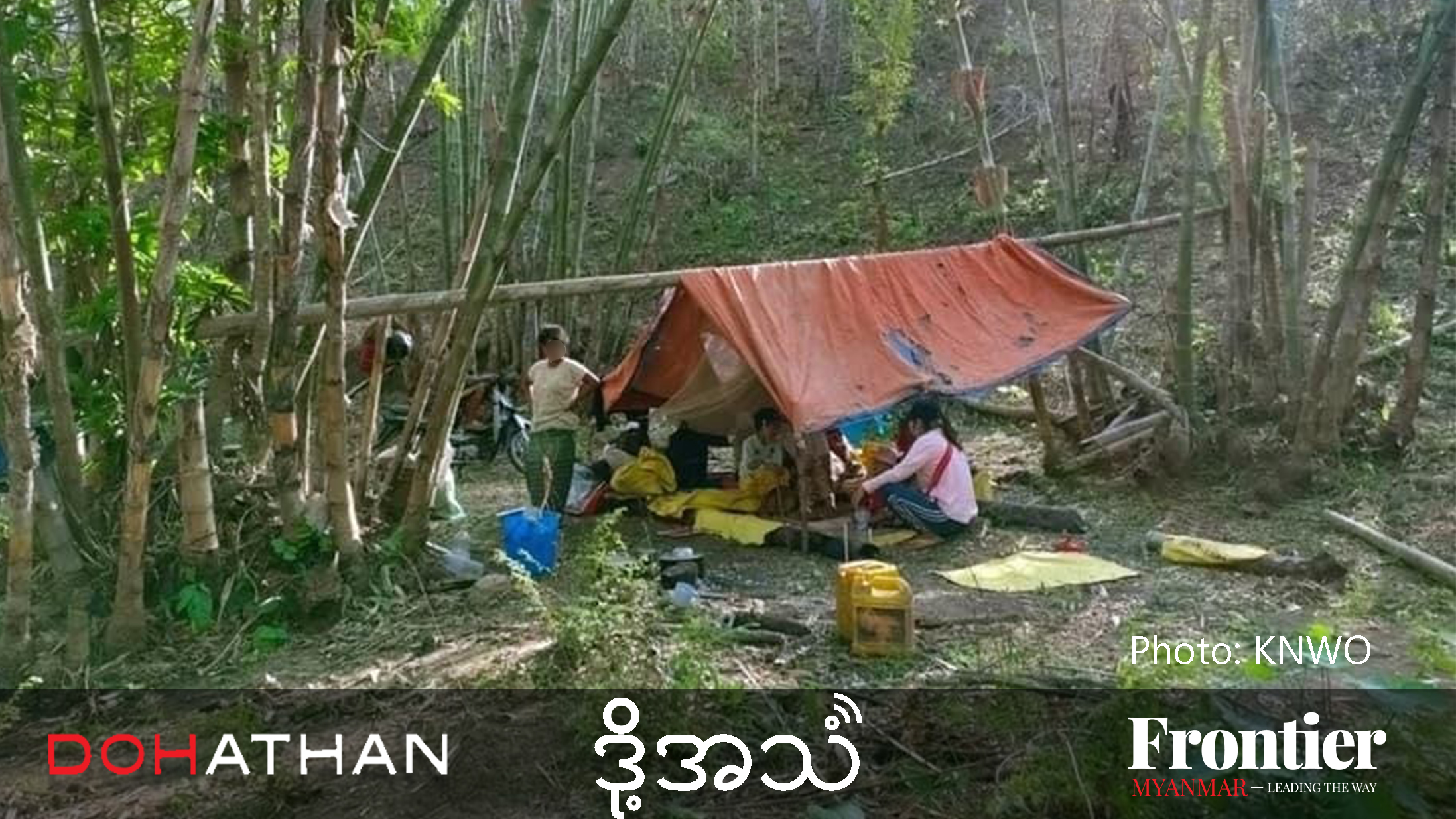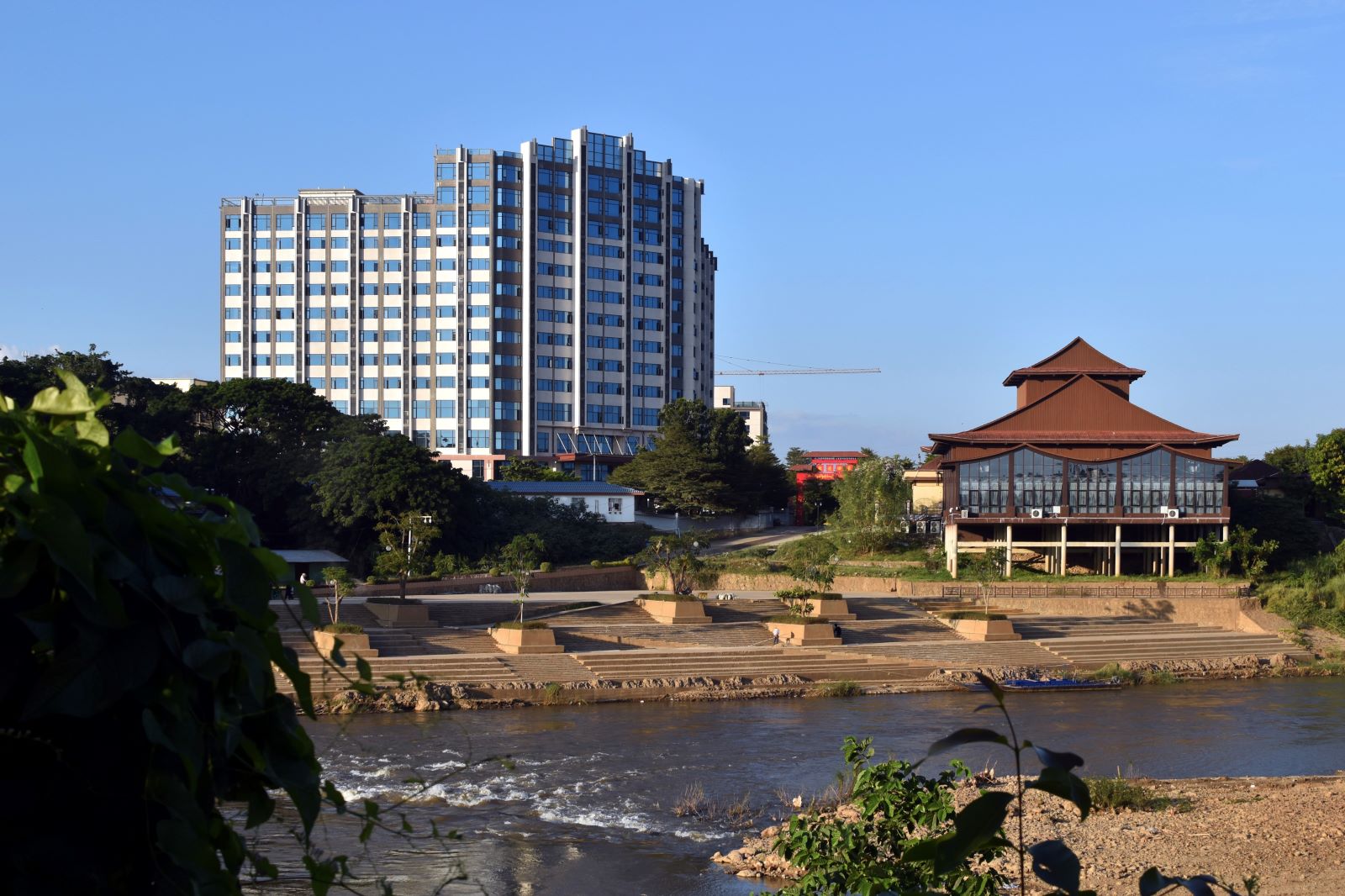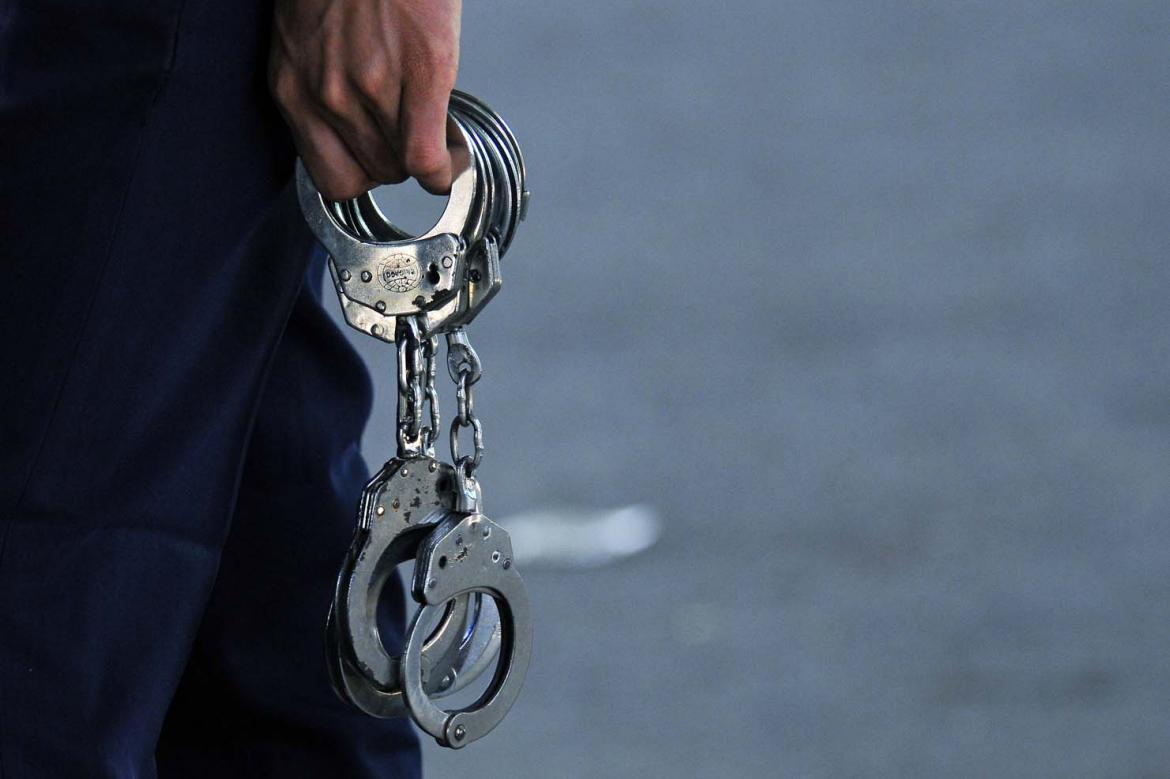Drug abuse is emerging as a serious problem at universities in Yangon and police say there’s increasing evidence that some students are among the dealers.
By MRATT KYAW THU | FRONTIER
The availability of methamphetamines, heroin and marijuana at universities in Yangon is raising concern about addiction rates among students. There have even been reports of amphetamine pills and marijuana being sold at some state schools in Yangon.
Last month, officers in Yangon’s northern police district arrested a heroin dealer near the University of Dental Medicine in Thingangyun Township. Although there was no connection with the arrest, statistics from Yangon’s northern, western and eastern police districts show that university students are often involved in trafficking illegal drugs. Police say that methamphetamine pills are popular among medical students because they can raise energy levels and the ability to concentrate. Another reason is their easy availability.
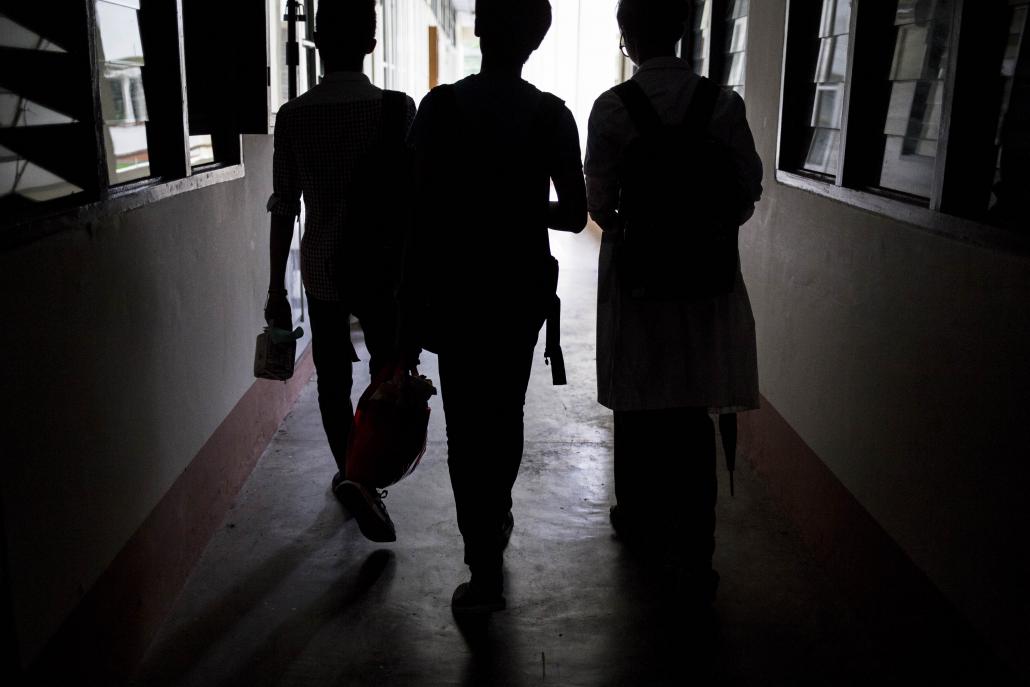
typeof=
The most popular drugs among students in Yangon are marijuana and methamphetamines.
Support more independent journalism like this. Sign up to be a Frontier member.
In general, marijuana is the most popular among humanities, science and medical students, because it is cheap and easy to get. ‘Yaba’, a stimulant made from a mixture of methamphetamine and caffeine, is more expensive than marijuana and is preferred by medical students, many of whom are from wealthy families.
Yaba, derived from the Thai words for ‘medicine’ and ‘crazy’, sells in pill form for between K1,000 and K5,000, depending on potency. It was formerly known as ‘yama’ because it was given to horses doing strenuous work in the hills of Shan State. (The Thai word for horse is ‘ma’.)
A 2015 report by the United Nation Office of Drugs and Crime said that Myanmar was regarded as “the main country of origin for methamphetamine tablets seize throughout the Mekong sub-region and to some other parts of East and Southeast Asia.” The same report said that a 2013 analysis of seized methamphetamine tablets at a laboratory in China showed that more than 90 percent of the tablets originated in Myanmar.
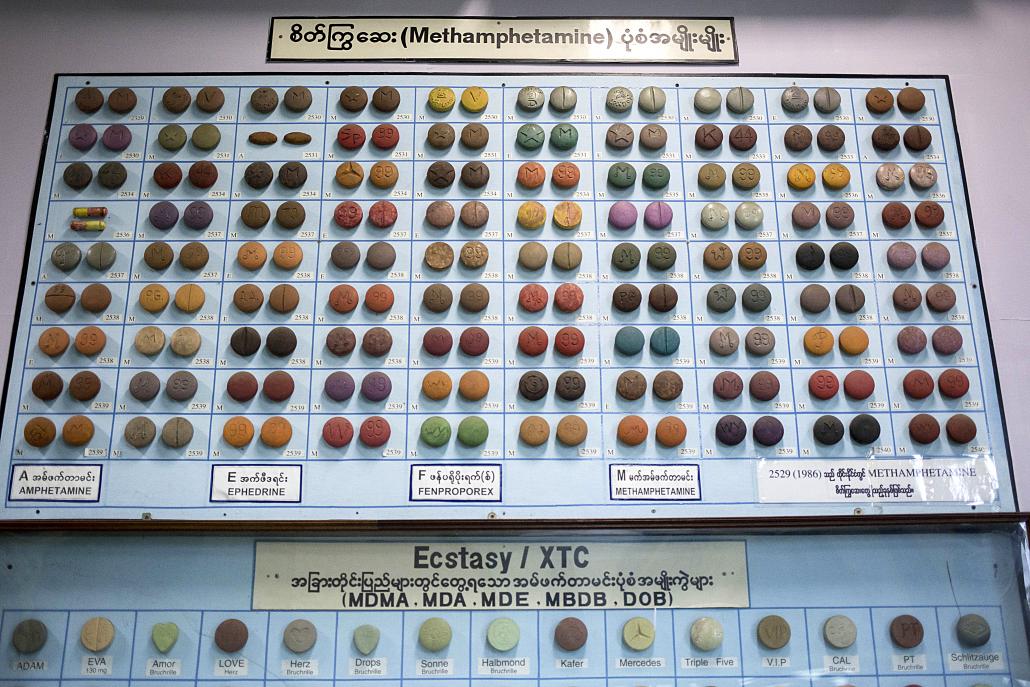
A display at the Drug Elimination Museum in Yangon. (Ann Wang / Frontier)
Some users take yaba in pill form, while others smoke it by putting the tablet on a strip of aluminum foil and heating from below, inhaling the vapour. Another method of taking yaba is to crush the pills into a powder and dissolve them in energy drinks before consuming.
A potent, highly refined form of methamphetamine known as ‘ice’ is smoked the same way or in a special pipe. Inhaling produces a faster effect than oral consumption.
The majority of methamphetamine production in Myanmar is in Shan State, the UNODC report said, with most facilities being small and mobile near the borders with China and Thailand.
Vicious cycle
A former medical student who deals drugs explained to Frontier, under the condition of anonymity, how dealers recruit students.
“The dealers approach students and persuade them to use yaba by saying it’s good for their mind and enables them to study for a long time. For medical students, it’s like an angel’s gift,” he said.
The former student said he had stopped using yaba but had incurred a big debt because of his habit.
“That’s why I’ve been selling yaba, to pay off the debt, but it’s like a vicious cycle.”
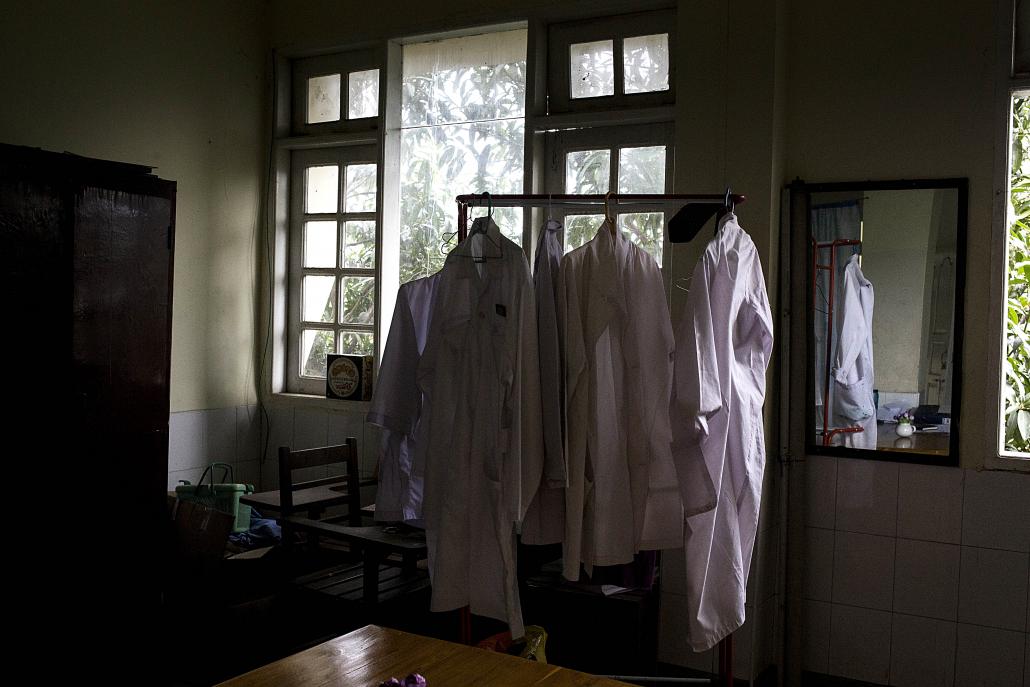
typeof=
Another tactic used by dealers is selling on credit, with the objective of putting students in debt so they can be more easily manipulated.
“Later, two or three pills is not enough to get high, so they demand more and more,” the former student said.
The scale of the recreational drug abuse problem at university level is difficult to gauge because of a lack of statistics. The Ministry of Home Affairs, under which the Myanmar Police Force operates, has no figures and there is no government research data on drug use among students.
Techniques used by anti-narcotics police to combat drug dealing include tapping the phones of dealers.
The head of Yangon’s northern police district, Police Captain Myo Kyi said he had even arrested some doctors after they had been heard placing orders on dealers’ tapped phone lines.
“They called the dealer’s number many times and said they wanted yaba pills,” he said.
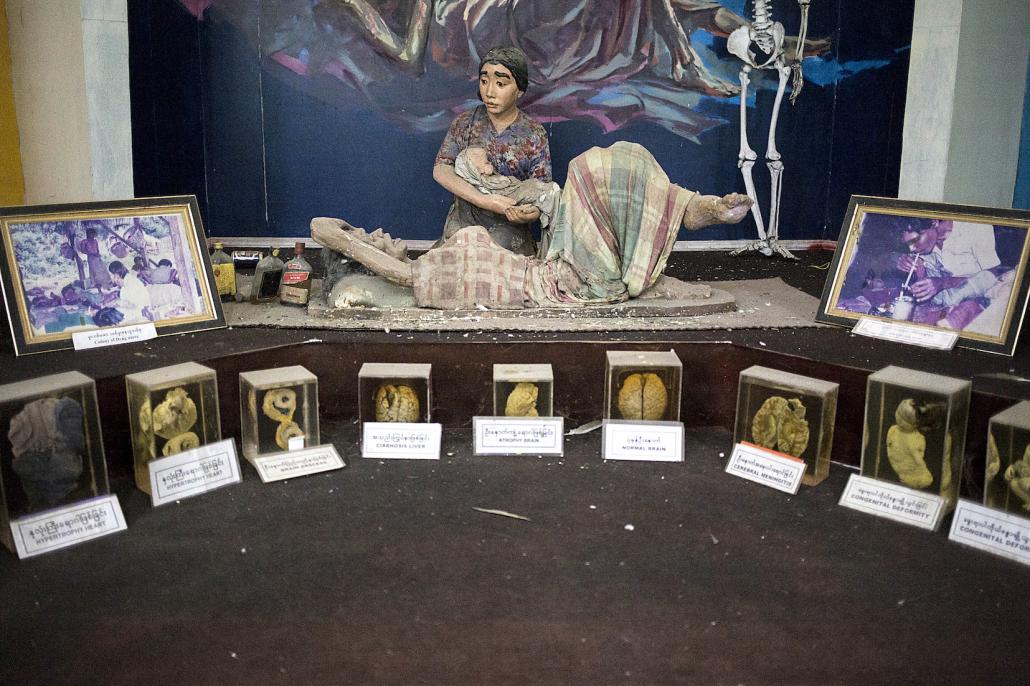
A display at the Drug Elimination Museum in Yangon. (Ann Wang / Frontier)
Police say the tapping of incoming calls on dealer’s phones since 2013 has resulted in arrests of students, including those studying medicine. However, police said they would rather concentrate on trying to arrest the main distributors of illicit drugs.
In July last year, police seized more than 26 million methamphetamine tablets valued at K133.5 billion (about US$110 million) from an abandoned truck in Mingaladon Township in what was said to be the biggest seizure of the stimulant in Myanmar.
Follow-up raids by anti-narcotics police resulted in more seizures, including 65,000 tablets valued at K320 million in September 2015, but no arrests.
Police acknowledge the difficulty of arresting major distributors of illegal drugs.
“When we detain small dealers the main dealers get away. We have national identity cards and other evidence [implicating big dealers], but many of them have fled the country and are beyond our reach,” Myo Kyi said.
Tackling the problem of drug abuse among students is not a priority issue of the government and is rarely front page news. Many parents are unaware of the problem.
But there are some parents who know too well about drugs in schools and universities.
“Some girl students put marijuana on my son’s desk at his state school; I was shocked,” said a 53-year-old doctor who requested anonymity. “In my ward [near the Drug Elimination Museum in Sanchaung Township] we can see dealers doing their business in public.”


